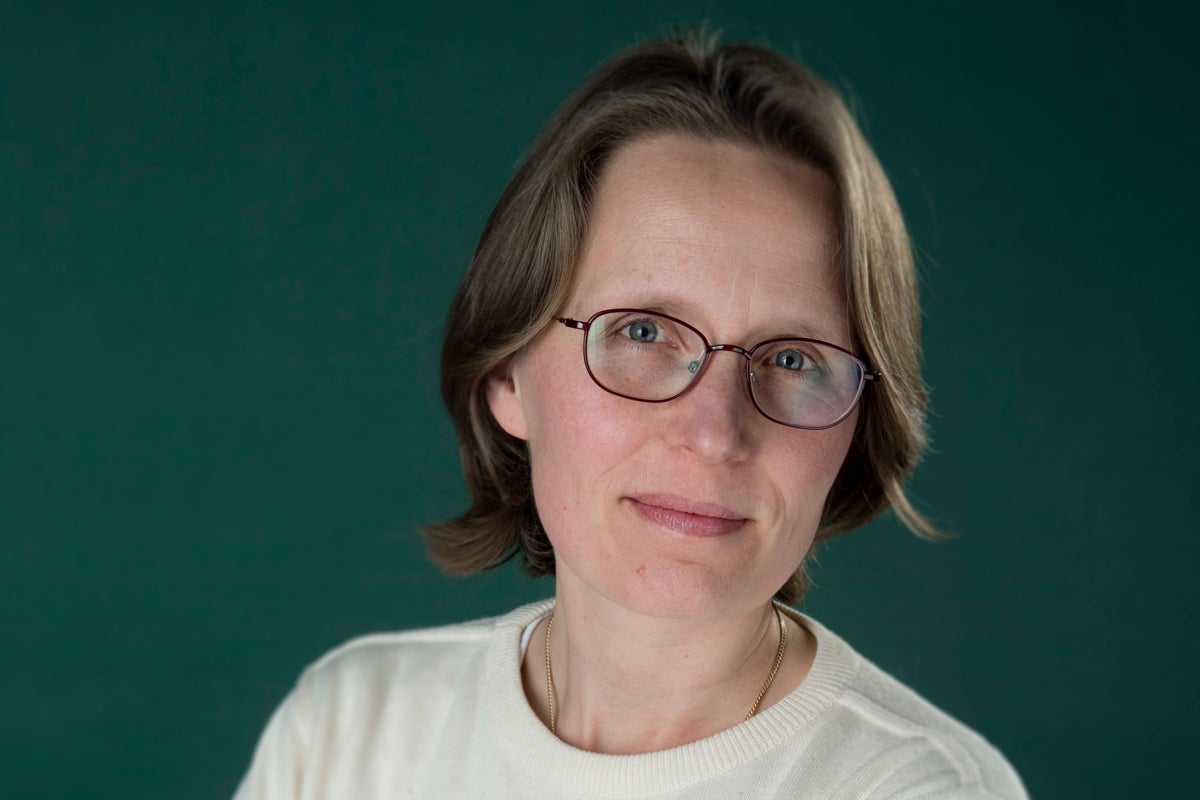Albertien M. van Eerde, klinisch geneticus
Dear all, I am honored with this distinction! Let me tell you a bit about the work we do. Since my doctoral research on genetics of congenital anomalies of the kidney and urinary tract (2011), I have been determined to bridge the gap between bench and bedside nephrogenetics research. With this work I established my own line: Translational Nephrogenetics. My current research focusses on: Optimizing diagnostic strategies in kidney disease of unknown origin
The core business of my group is discovering new genes. Because of our state-of the-art diagnostics, we regularly have unknown cases to solve. Besides regular genetic strategies to prioritize variants, as a part of my Dutch Kidney Foundation Senior Postdoc project, we are currently developing KidneyNetwork; an unbiased network, that based on co-expression in kidney RNA seq data, will predict which previously unknown genes are associated with particular phenotypes (together with Lude Franke). Also, with the GeNepher biobank (same grant) we are building towards a cohort of well consented patients, that can also be assessed for gene-finding. In the IgeneTrain cohort we have project running to look at CNVs involved in end stage kidney disease.
Reproductive nephrogenetics Together with obstetrician Titia Lely, we have a unique niche in terms of integral reproductive care/research for patients at risk of hereditary kidney disease. Questions are: how to counsel women with specific renal disease as to the risks for mother and baby in a pregnancy, but also, how are women informed about their genetic reproductive options and are they informed at all. Finally, in terms of cycle of life likely quite some minors are underserved in terms of preventive screening they are eligible to receive. We have setup a database of pregnancies of women with Alport syndrome, and have just this week heard we will receive a grant from the Elisabeth von Freyburg Stichting to expand the database (more women, more diseases). Also, we are setting up a survey in order to assess how patients receive reproductive genetic information for ADPKD (autosomal dominant polycystic kidney disease) in peripheral clinics.
This work could not have been, and can’t be done without the help of many, but in particular our nephrogenetics and Van Haaften groups are instrumental. At the end of October we celebrated Rozemarijn Snoeks PhD graduation, she managed to write a truely translational thesis covering the width of topics I mentioned, up to and including her contributions to the guideline : Genetics for Nephrologists.
Towards the future I want to continue and expand on these two subjects. In addition to that, the GeNepher biobank will be a great asset for the next step in genetic causality research: genetic modifiers. Also I want it to serve as a hub for n=1 trials for personalized treatment trials. Depending on the opportune model, these studies can be executed in our own genetic lab (cellines, ciliopathy modelling, zebrafish modelling with Gijs van Haaften) or in tubuloids (with Maarten Rookmaaker and Marianne Verhaar) or proximal tubule epithelial cells (Manoe Janssen and Roos Masereeuw), or other groups in Utrecht or beyond. GeNepher is also meant to be an AVG-proof way of contacting and engaging patients, be it for recontact about new treatments or trials etc. Finally, this year, together with Geert Frederix (Julius Centre and Genetics Department), we have started a student project assessing cost benefit aspects of (early) genetic testing in nephrology, I would like to expand on this in the future.
For now, warm wishes for the Holiday Season, stay safe,
Albertien

